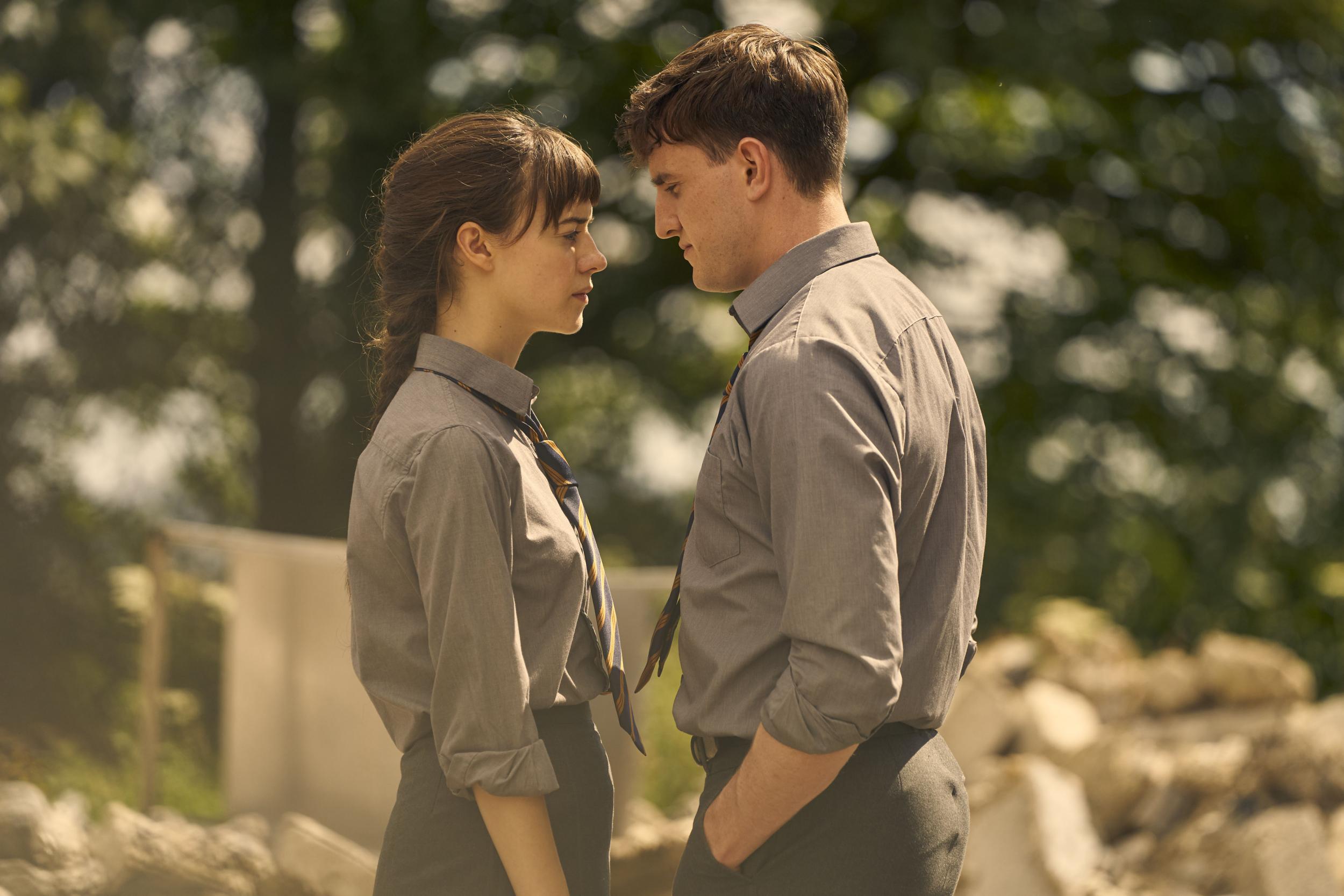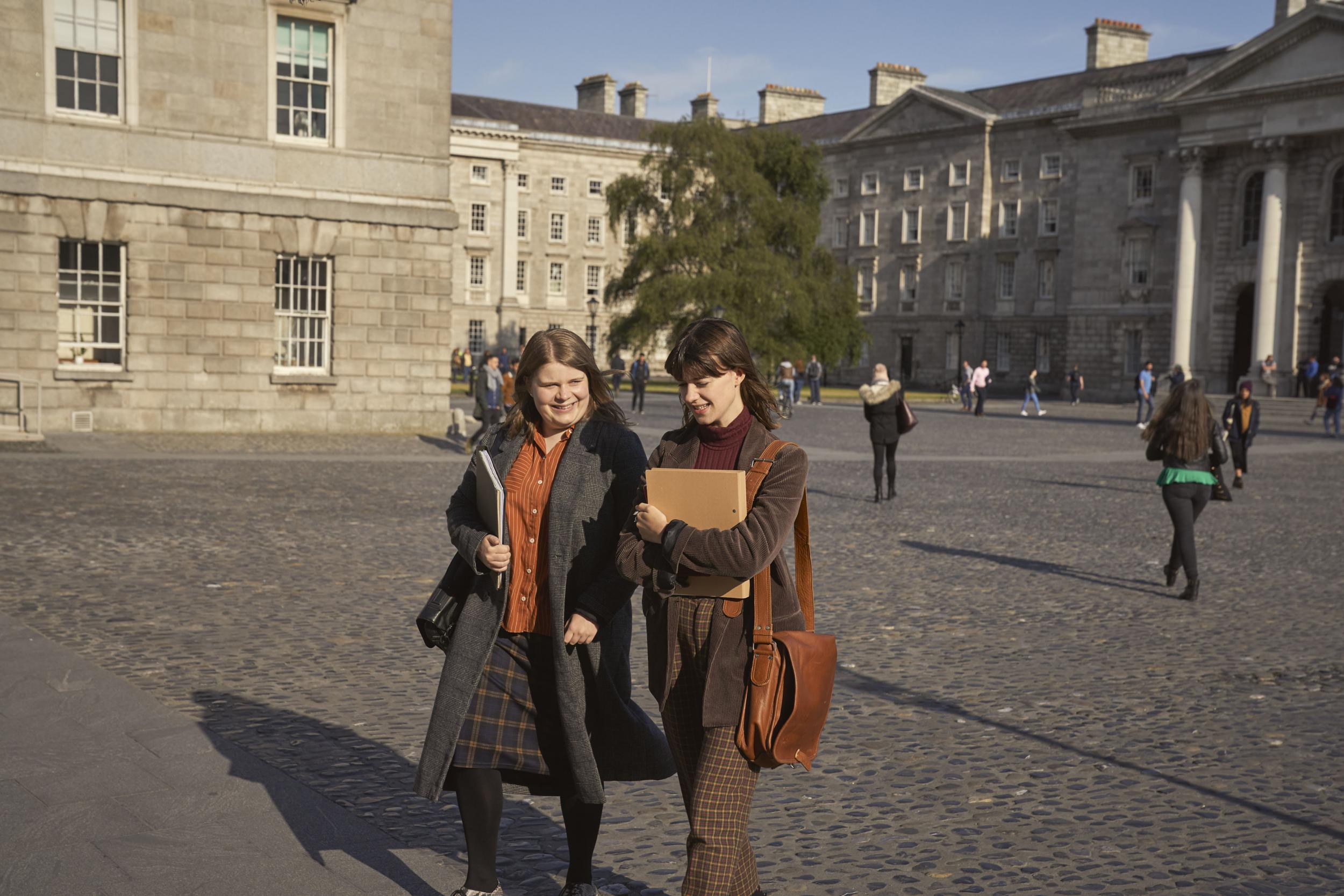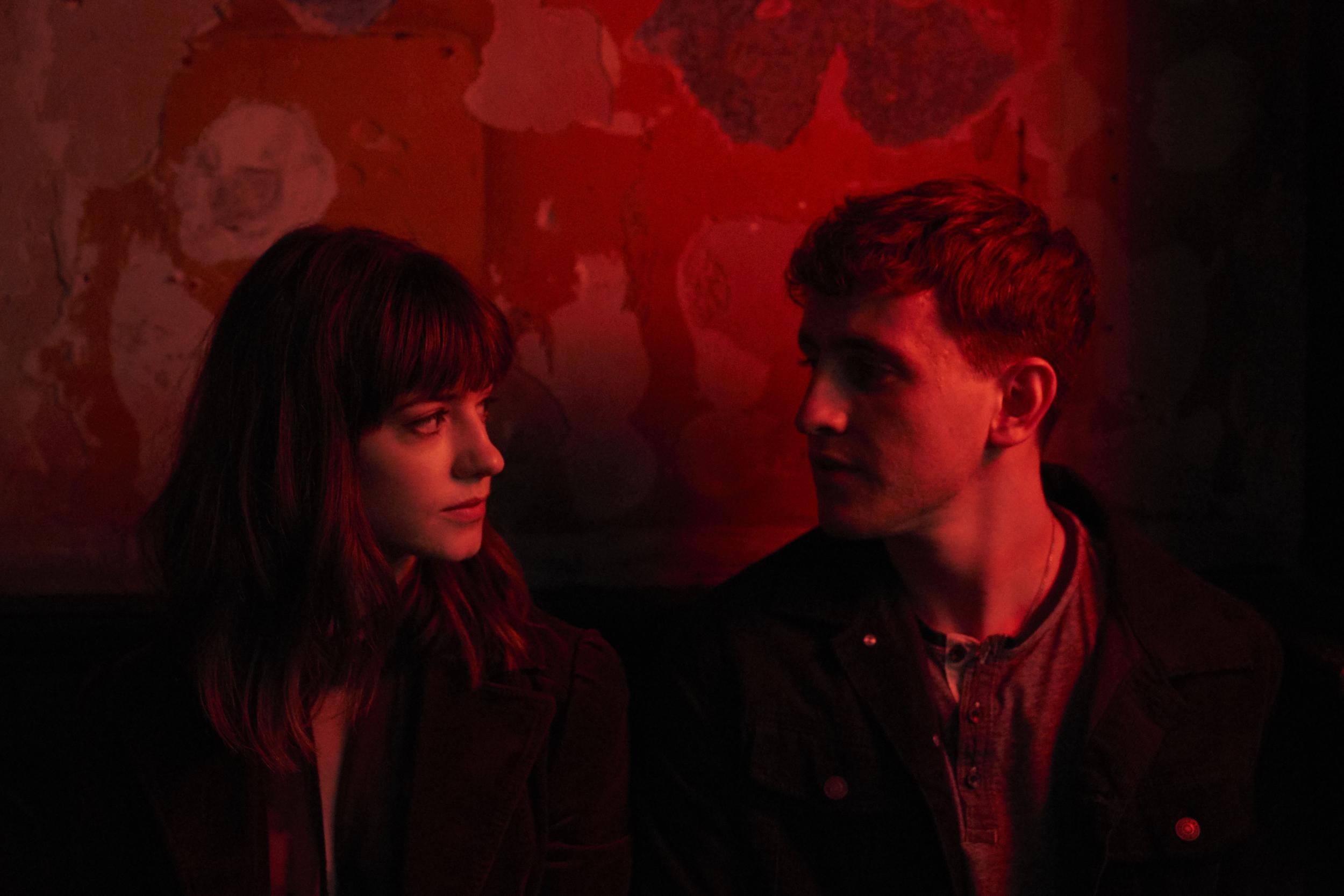Normal People shows that love rarely conquers class differences
The TV adaptation of Sally Rooney’s endlessly talked-about novel promises a modern take on romance, and lots of sex, but its heartbreaking tale of love divided by class is only too real, most of us have lived it, says Annie Lord


Your support helps us to tell the story
From reproductive rights to climate change to Big Tech, The Independent is on the ground when the story is developing. Whether it's investigating the financials of Elon Musk's pro-Trump PAC or producing our latest documentary, 'The A Word', which shines a light on the American women fighting for reproductive rights, we know how important it is to parse out the facts from the messaging.
At such a critical moment in US history, we need reporters on the ground. Your donation allows us to keep sending journalists to speak to both sides of the story.
The Independent is trusted by Americans across the entire political spectrum. And unlike many other quality news outlets, we choose not to lock Americans out of our reporting and analysis with paywalls. We believe quality journalism should be available to everyone, paid for by those who can afford it.
Your support makes all the difference.Ever since it was announced there would be a TV adaptation of Sally Rooney’s acclaimed novel Normal People, fans have been excited about seeing this cool, clever Irish love story on their screens. Available now on iPlayer, the coming-of-age romance traces the vicissitudes of an on-off relationship between Connell (Paul Mescal) and Marianne (Daisy Edgar-Jones). She’s the well-off girl whose house his mum is paid to clean, a social outsider who struggles to fit in at the Sligo state school both teenagers attend. Not a fairy tale but an accurate portrayal of the difficulties of real life, Normal People shows the ways class differences can push those who are meant to be together further away. Though Connell loves Marianne, he finds it hard to feel like her equal when his mum spends her days on her knees bleaching Marianne’s bathroom floor. Similarly, when they both go to university, it seems Marianne fits in more easily with the chino-wearing, signet-ring donning students of Trinity College, Dublin. Love is supposed to be able to endure anything but anyone who has been in it knows so often this isn’t true.
From the moment Prince Charming put a glass slipper onto Cinderella’s dainty feet, we’ve been taught that crossing class divides makes romance doubly as sweet. Happy-ever-afters mean that one person gets saved and the other gets to save them. Jane Austen’s Elizabeth Bennet gets Mr Darcy but she also gets his £10,000 a year and the large estate of Pemberley. In Pretty Woman, Vivian’s (Julia Roberts) straight-talking working girl sass is what millionaire corporate trader Edward (Richard Gere) needs to find happiness. Madwoman in the attic aside, Jane Eyre eventually goes from teacher to lover under Mr Rochester’s brooding glare.
This isn’t how it works out in Normal People, nor in real life. Last year, research published in the American Sociological Review found that we tend to marry those like ourselves, a process they termed “assortative mating”. A much-quoted Institute for Public Policy report published in 2012 showed that among people born between 1976 and 1981 a majority of 56 per cent married into the same class, while a meagre 16 percent married “up”. It’s something many of us will have experienced in our own lives. We walk around the world bumping into friends-of-friends-of-friends exclaiming: “It’s such a small world!”, while turning up at pubs in the areas everyone from our school, university or work goes to. As much as I admire the work of teachers, scroll through Hinge trying to isolate the term “key worker” or find it sexy when I watch oil-splattered plumbers twisting the pipes of my broken sink, chances are I will end up with a smug, house-plant buying, Birkenstock-wearing, Kombucha-drinking media type who’s just as unbearable as I am.
It doesn’t take long for the issue of class to drive a wedge between Connell and Marianne. “She thinks of you like her butler, does she?” Rob (Eanna Hardwick) asks Connell as they wait for the rest of their friends to bring back spring rolls and chips from the Chinese takeaway across the road. “Your mum is their housemaid, isn’t she?” continues Rob. “Does she ring a little bell to get her attention?”
In life, but in high school in particular, acceptance requires you to be just like everyone else around you. Classmates want to know that you eat the same meal, in front of the same telly, on the same sofa, in the same semi-detached council house. But wealth means Marianne sees the world through different eyes. Her head is always in textbooks because her mum doesn’t think life is worth living unless you make money from it. She ignores classmates when they laugh at how she’s spilt ice cream on her top because she knows that high school is just a game you have to play before moving on to something bigger. Everyone thinks she’s stuck up. They keep asking Connell “what’s it like in the Sheridan house?” as though it were haunted.
Money means Marianne and Connell nearly fall out of each other’s lives completely. But Connell is one of those people who pushes up when the world pushes him down, so he makes it to Trinity College even though it’s normally only the privileged who get the grades. For Marianne, her place at the university feels inevitable, so much so that she discusses with her mum what colour to paint the tiles of their Dublin townhouse before even receiving an offer. Initially, Connell thinks to pick law at Galway because he knows it will lead to a job. But he falters, admitting: “I can’t picture myself in a tie convicting people of crimes.” It’s only when Marianne says “you should change to English” that he’s brave enough to pursue what’s so often reserved for the children of GPs, TV execs, and bankers. When he tells other people of his plans they ask, “teacher, is it?” because only someone like Marianne could aspire to be a writer.
Eventually, whatever they had stops happening. Marianne tires of being a secret. Connell picks Rachel (Leah McNamara) as his date to the Debs (Ireland’s version of the high school prom). And when we see them again in episode four after the summer break, everything’s changed. One time before she starts ignoring his texts, Connell says to Marianne, “In college, I bet you’ll pretend not to know me if we bump into each other.” Though she would never do that to him, it shows how clearly their roles have been reversed. Where before at their state school “normal people” meant a lower-middle-class upbringing and a penchant for period jokes, at university “normal people” means Mykonos mini-breaks, Barber jackets and people who like dismissing arguments by saying, “well yes, but that’s subjective”.
Now Connell is the outsider and it’s Marianne who thinks she ought to be with someone else. In Connell’s seminars, he becomes unsettled by the fluency with which his private school educated classmates speak of the “picaresque novel”, particularly one student called Gareth who has the sort of tone destined for shareholder board meetings. Connell is so flawed that he starts to distrust his own voice. “I just thought it was really moving,” he mumbles, second guessing so much that every word becomes a question. “I just agree with what everyone else was saying, so yeah.”

Things get even worse for Connell when he goes to a party. “Nice to meet you,” says one girl, even though they’re in the same seminar. When Connell says he’s from Sligo, someone replies, “I see that”. “Nice backpack,” says Gareth, “very nineties”. Their comments chip away at his bones until he can feel that there’s less of him there. His rugby player shoulders slump over where once they stood tall.

Watch Apple TV+ free for 7 days
New subscribers only. £8.99/mo. after free trial. Plan auto-renews until cancelled

Watch Apple TV+ free for 7 days
New subscribers only. £8.99/mo. after free trial. Plan auto-renews until cancelled
“Come and meet my girlfriend,” says Gareth to Connell, and of course it’s Marianne. She looks like she’s at home, black eyeliner smudged around her eyes, a fringe that frames her face, cool clothes that look thrown together but definitely involved lots of thought. “Connell, back from the grave,” she says, confident now because everyone gets her jokes.

It’s hard to be with someone when society tells you not to be. Marianne’s life would make so much more sense with Gareth. They could complain about their emotionally detached hyper-successful parents. They could debate what colour hand blender to get. The same goes for Connell and Rachel; early episodes in the series show that their friends get on. They could buy a house in Sligo with a nice garden and a trampoline for the kids.
Drinking together in the living room of the party, Marianne and Connell nearly find a way back to each other. They joke about Marianne’s boyfriend, how he’s on all the student committees and how he likes couching his bad political views in the rhetoric of “free speech”. She looks at him and he looks at her and for a moment it’s like nothing else in the world exists except what passes between their eyes. “I used to feel like I could read your mind,“ Connell tells her. “That’s not normal,” Marianne says back to him. But there’s still a massive gap between them. On the one hand is all the solicitor wages, holiday homes in the south of France, skiing in the Alpes, crab salad and reduced-fat salad dressings of the rich. On the other are the final warning electricity bills, Londis overtime shifts and on-offer supermarket food, of the rest of us. It might take a whole lifetime to cross this gap; they might never make it.
‘Normal People’ is on BBC iPlayer now
Join our commenting forum
Join thought-provoking conversations, follow other Independent readers and see their replies
Comments